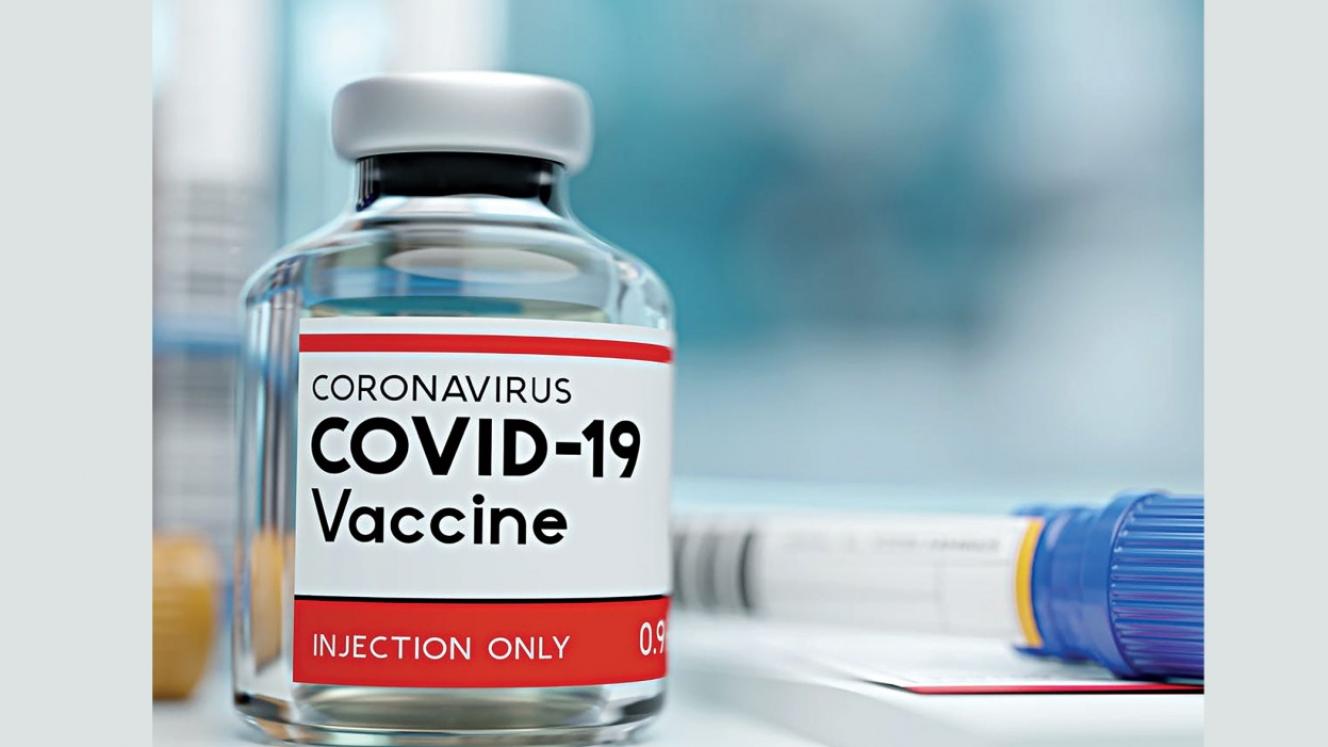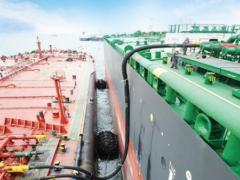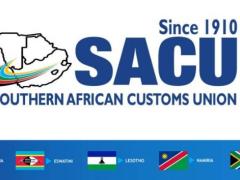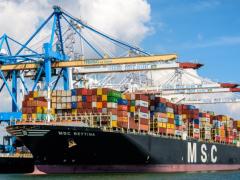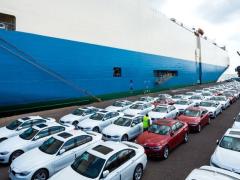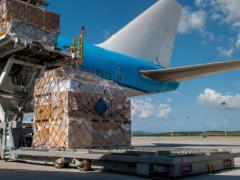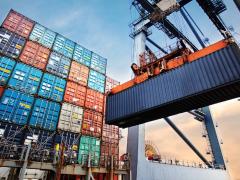World Trade Organization Director-General Ngozi Okonjo-Iweala has called on Covid-19 vaccine manufacturers to do more to ramp up production in developing countries to combat the vaccine supply shortage that is excluding many lower-income nations from access.
In remarks to an event hosted by the UK think tank Chatham House, she said cooperation on trade, and action at the WTO, would help accelerate vaccine scale-up.
“The scarcity of Covid-19 vaccine supplies has led to a situation in which around 60 countries are able to move ahead with vaccination while 130 countries wait as people die,” DG Okonjo-Iweala told the Global C19 Vaccine Supply Chain and Manufacturing Summit.
Not only was this morally unconscionable, she said, it would prolong the pandemic and cause economic harm to all countries. “Instead of restricting exports and bidding up prices,” she argued, "it is in all of our self-interest to cooperate in dealing with this problem of the global commons."
She said she had seen cause for hope in the first vaccine deliveries to developing countries by the Covax facility, the global mechanism for procuring and equitably distributing Covid-19 vaccines. “Nevertheless, production and delivery volumes remain too low.
"We have to scale up and scale out Covid-19 vaccine production, particularly in emerging markets and developing countries," she said. “Given the years required to build new manufacturing facilities from scratch, increasing production in the short term means making the most of existing manufacturing capacity – finding existing sites and turning them around."
Okonjo-Iweala observed that companies in India and elsewhere were already manufacturing vaccines under licence but said that more such arrangements were necessary.
Scarcity of raw materials, shortages of qualified and experienced personnel, supply chain problems linked to export restrictions and prohibitions, as well as excessive bureaucracy, were among the obstacles faced. “The WTO's mandate on trade facilitation, quantitative trade restrictions, and trade policy monitoring is relevant to the latter challenges in particular.”
She said WTO rules did allow for export restrictions or prohibitions to be "temporarily applied to prevent or relieve critical shortages" of essential products. “That said, such restrictions must be notified to all members. Restrictions should be transparent, proportionate to the problem at hand, and members should provide timelines for when they will be phased out,” she said.
